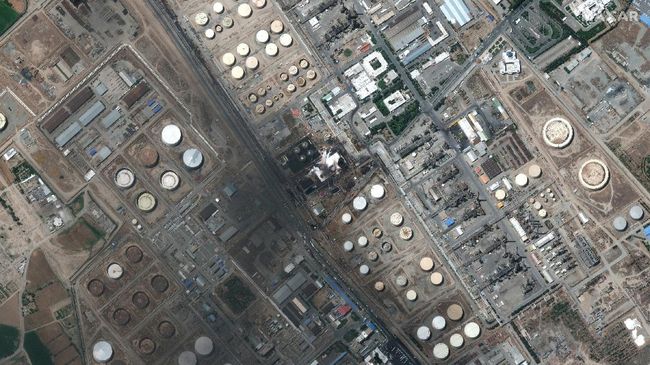Oil prices world crude slumped in early trading Sunday (3/4) local time, after United Arab Emirates and group Houthi allied with Iran welcomed the ceasefire.
The ceasefire that halted military operations on the Saudi-Yemeni border eased fears of potential supply problems.
Launch ReutersMonday (4/4), Brent crude futures fell US $ 1.01 or 1 percent to US $ 103.38 per barrel.
Meanwhile, WTI crude futures fell 84 cents, or 0.9 percent, to $98.43 per barrel.
Last week oil prices fell about 13 percent, the biggest weekly decline in two years as US President Joe Biden announced the release of the largest US oil reserves ever.
On Thursday last week, Biden announced the release of 1 million barrels per day (bpd) of crude for six months from May. As of now, 180 million barrels is the largest-ever release from the US Strategic Petroleum Reserve (SPR).
According to the Japanese Ministry of Industry, member countries of the International Energy Agency (IEA) are committed to releasing other oil reserves in an extraordinary meeting.
“When you look at the releases from SPR, there’s still a lot of questions about how they’re going to get all that oil out of there,” said Phil Flynn, analyst at Price Futures Group.
Regarding the ceasefire in Yemen, Flynn said the move would allow the import of fuel to areas controlled by the Houthis and some flights to operate from Sanaa Airport in Yemen.
“This is a threat to supplies, and a ceasefire will reduce that threat to supplies,” he said.
(wel/one)
–


